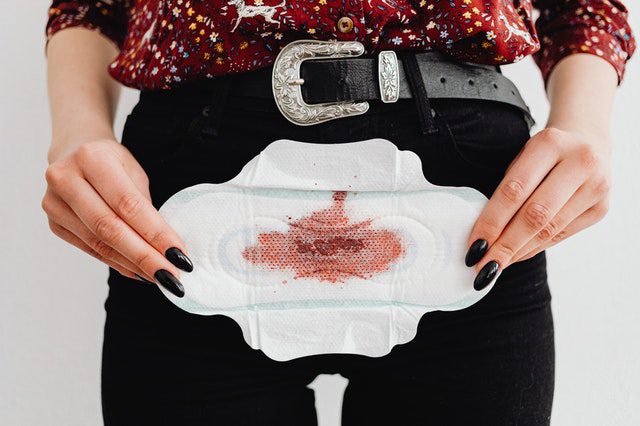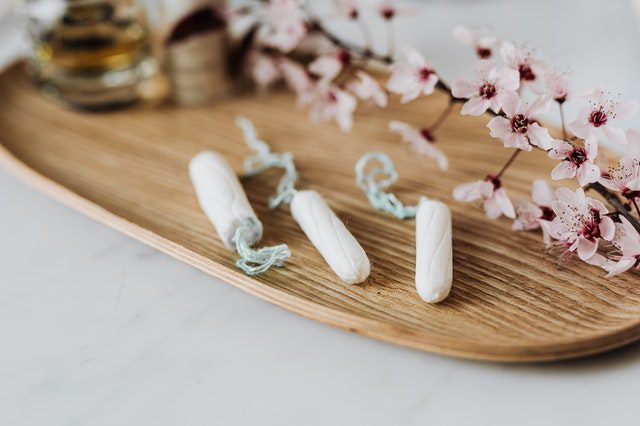“We need to raise our girls with power, and we need to raise our boys with information. I want the girls to be proud of who they are, of their bodies. I dream of a future where menstruation is not a curse, not a disease, but a welcoming change in a girl’s life.” – Aditi Gupta, co-founder of Menstrupedia.
My journey unknotting myths
Growing up, I was exposed to numerous myths regarding menstruation, which generated a dispute within the confines of my head. There were times when I was unsure what to believe and what not to believe, and I eventually began to examine the rational side of menstruation myths.
However, it was only until I had gone through adolescence that I was able to distinguish myths from reality, which calmed my inquisitive spirit.
I believe it is ideal for our society to clearly demarcate the myths and facts about menstruation so that we do not envelop our younger generation’s minds with falsehood.
A great source to achieve that mission is via the Menstrupedia: a comic book that aims to dispel myths and stigmas associated with menstruation. Let us look at a few of the most common menstruation myths and unravel the facts behind the same.

MYTH: During periods, girls are considered impure, and hence they shall avoid visiting sacred places or cooking.
FACT: Periods are signs that you are growing up, physically as well as mentally, and there is nothing impure about the same.
Related: Dysmenorrhoea- A Phase of Menstrual & Why You Need To Talk About it?
MYTH: Sex during menstruation is unhealthy
FACT: There’s nothing unhealthy about having sex during periods; rather, they may help to relieve period cramps. Excluding the mess it may create, the choice rests upon you and your life partner.
MYTH: Swimming in the ocean during your periods make you a target for sharks
FACT: It is completely fine to swim while menstruating, provided you have worn your feminine protection like tampons or cups, and you don’t contaminate the water body. There is no evidence to prove a shark’s choice of its prey with regards to periods.
MYTH: You should not take a shower during your monthlies
FACT: Hygiene practices during periods are essential for your health; as per the Times of India, one must maintain extra hygiene during monthlies via taking showers regularly and cleaning the intimate area.
MYTH: Menstrual cups are too small to handle heavy bleeding, and they constantly leak
FACT: Although it is ideal to buy menstrual cups of good quality, constant leakage isn’t a regular problem faced by its users. The size of the cup varies according to your fit and cervix height and does not depend solely on how much it holds as per period nirvana.

MYTH: Menstruating women shall not water plants, for they may lose their sacred value
FACT: According to Nua woman, there is no scientific proof that menstruating women pose threats to plants, making them unholy. After all, plants do not discriminate.
MYTH: Tampons are unsafe since they may get stuck inside you.
Thanks to the little string hanging at the end, FACT: Tampons cannot get stuck inside you.
Related: Pain-free Periods: How Home Remedies Helped Me To Ease Menstrual Cramps
MYTH: Periods sync with the lunar cycle
FACT: According to the clue app, after thorough research by their scientist, it has been proven that over 7.5 million cycles found no correlation with the lunar cycles.
MYTH: Sanitary pads shall be covered in the paper when purchasing and shall remain private.
FACT: As per UNICEF, buying sanitary pads is like buying soap or toothpaste. They are all personal hygiene products.
MYTH: Menstruating girls must sleep in a separate room or shed.
FACT: Menstruation is not contagious; subsequently, it does not cause harm to others nor cause any allergies.
Conclusion:
Many myths regarding menstruation mislead individuals and cause confusion among teenagers. It isn’t right to be treated unfairly because of a natural part of growing up.
Myths are just proverbs created by many cultures and traditions that downplay the importance of puberty as a curse. Puberty is not a curse but rather a maturational process.


